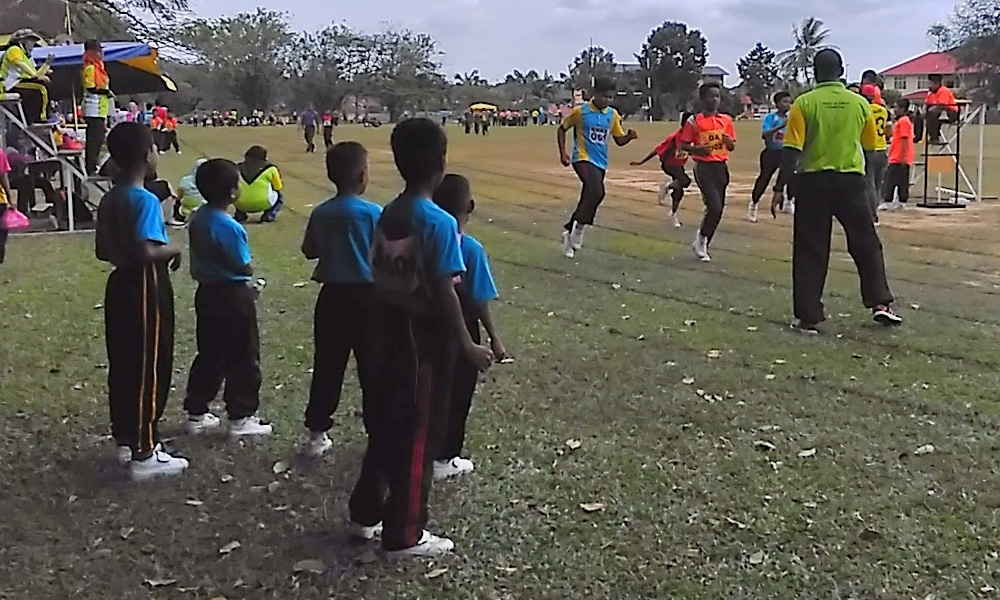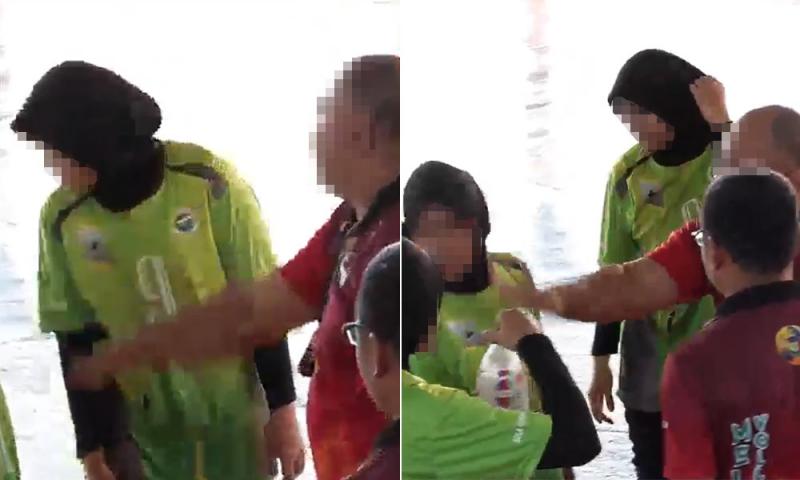LETTER | Prevent the abuse of minors in sports
LETTER | The incident of the volleyball coach and his charges as reported in your article on Jan 1, 2023, should give us pause to assess the teaching of physical education in our schools.
This area of education is currently woefully lacking in most government schools, with many schools choosing to do away with these activities. Instead, schools have been known to substitute the subject with more book learning.
That approach alone shows the abysmal ignorance of the value of games and sports. Authorities in the Education Ministry need to do more to reinstate the importance of the teaching of sports and games in schools.
Firstly, why do schools offer sports and games to their charges? What are the aims and objectives of offering physical education (PE)? The volleyball match incident suggests that there is a lack of educational clarity on the educational impact of physical education.
Often, in government schools, the physical education hour is assigned to a random teacher who has had very little training in this very pivotal subject.
As a result, the activities of the PE period become a bit of a joke among the teacher and students alike, with neither party understanding why they are required to carry out such physical exertions when they should be filling their heads with book learning.
In some schools, only certain students with sporting potential are allowed to play games.
Once again, this is a misguided practice. Unless a child has a congenital condition that exempts him or her from PE, all children should be beneficiaries of games and sports. Some may then go on to compete in school teams, while others may just participate in these activities during the hour set aside for PE.

The benefits are numerous. Broadly speaking, sports and games are crucial to character building, for developing a sense of teamwork and a sense of fair play, while also providing a healthy outlet for emotional release.
However, in the wrong hands of untrained and unschooled teachers, it is taught as a meaningless and haphazard subject of aimless movement for a set period.
Also, when such untrained teachers are assigned to teach games for competitions, the emphasis may end up on winning at all costs. Once again, this emphasis is misguided and damaging.
A game is about developing skills and learning to appreciate those skills. There should be a developmental pathway to learning and appreciating these skills, depending on the age group of the students.
We watch great sportsmen with awe
We watch great sportsmen with awe over their grace, skill and mastery in hockey, cricket, football, tennis and many more. Children need to be inducted into this appreciation. Dedicated teachers are key to such inspiration.
Learning a game is also about learning concentration, commitment and dedication. This has to be inculcated in students. The greater one’s commitment, the greater the returns.
Teaching a game is about teaching this commitment and focus. And in a world where short attention spans are a growing epidemic, sports and games could well provide the counterbalance. Teaching a child to play a game is also about teaching them the meaning of wins and losses.
Sometimes, your commitment leads you to great wins and sometimes you are up against formidable opponents who are more skilled. How do we deal with these moments? We recall the elegant lines of Grantland Rice, an American sportswriter when he says: “For when the Great Scorer comes to write against your name. He writes not whether you have won or lost, but how you played the game…”
Teaching sports and games to children is also about teaching them to win or lose with grace. These are some of those supreme moments in games. And these are learning outcomes that will come in handy throughout life.
Indeed, the shenanigans of many of our politicians sometimes make us wish
that they had played more games and learnt the meaning of gracious and honourable behaviour before presuming to serve the country.
Failure to appreciate the finer educational aspects of games and putting undue pressure on children to win events for their states is to downgrade the educational focus of children’s sports.
The incident of a volleyball game where teenagers were assaulted for failing to help their team win is an abysmal low for education and for sporting behaviour.
The authorities administering education, sports and welfare matters in the country need to come together to examine any unwarranted abuse of school-going
children in sports for failing to help their team or their state win trophies – there may even be a gender and class element to such abuse.
Such practices not only demean sports – but may also be construed as predatory!
The views expressed here are those of the author/contributor and do not necessarily represent the views of Malaysiakini
RM12.50 / month
- Unlimited access to award-winning journalism
- Comment and share your opinions on all our articles
- Gift interesting stories to your friends
- Tax deductable
